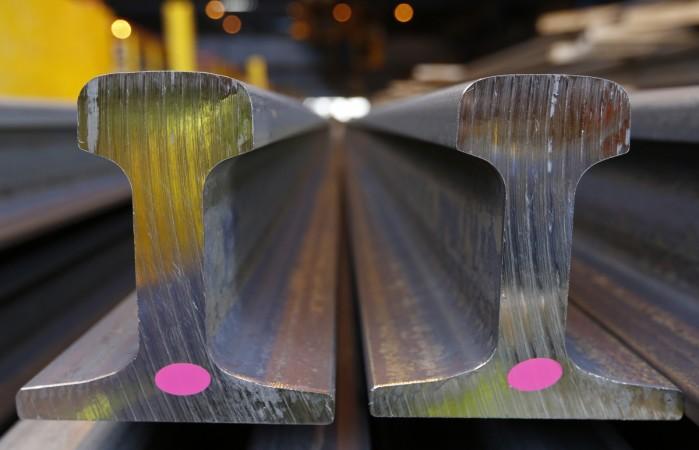
The European Union will launch measures on Thursday designed to prevent a surge of steel imports into the bloc following the U.S. imposition of tariffs on incoming steel and aluminium, the EU's official journal said on Wednesday.
The European Commission has proposed a combination of a quota and a tariff to counter EU concerns that steel products no longer imported into the United States would instead flood European markets.
The measures are the third part of the EU's response to U.S. tariffs. It has also imposed tariffs on 2.8 billion euros ($3.3 billion) of U.S. imports, including bourbon and motorbikes, and has launched a legal challenge at the World Trade Organization
The quotas for 23 steel product categories have been set at the average of imports over the past three years, with a 25 percent tariff set for volumes exceeding those amounts. These quotas are allocated on a first come first serve basis.
The main exporters of steel to the EU are China, India, Russia, South Korea, Turkey and Ukraine.
The Commission said that the EU steel industry was "in a fragile situation and vulnerable to a further increase in imports", with U.S. tariffs reducing its capacity to sell there making them even more vulnerable.
"In the absence of provisional safeguard measures, it is likely that the situation will develop into an actual serious injury in the foreseeable future," the EU official journal said.

European Trade Commissioner Cecilia Malmstrom said in a statement that the bloc was faced with no choice given the threat of serious harm to EU steelmakers and workers, but that EU markets would remain open with traditional trade flows.
The Commission will continue its investigation, which was launched on March 26, until the end of the year. The provisional safeguards can be in place for up to 200 days.
Imports of 28 products increased by 62 percent from 2013 to 2017, most noticeably in 2016 and with further rises this year. However, for five products, imports did not increase, leading the Commission to exclude them from its measures.
For 12 steel product categories, imports from countries including China, Russia and Ukraine are already subject to anti-dumping and anti-subsidy duties. The Commission said it would consider suspending or reducing them to avoid the imposition of "double duties".
EU manufacturers of the products ranging from hot and cold rolled sheets, plates, coated steel and tubes include ArcelorMittal, Voestalpine and Tata Steel.














